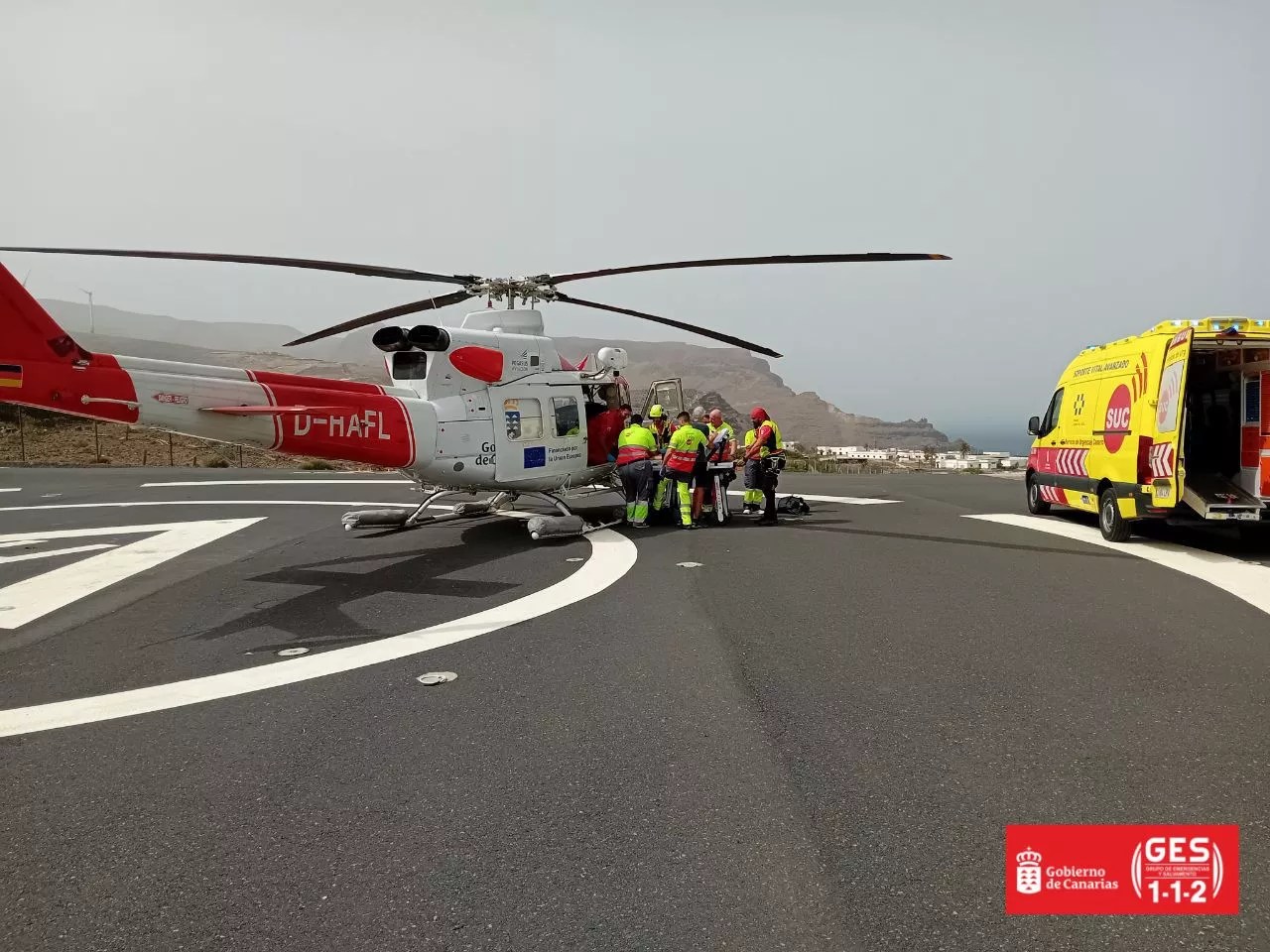Anomaly in Canary Islands. As tourism grows, so does the increasing poverty among the locals. This indicates that the money flowing into the archipelago is not benefiting the residents of the islands. This is compounded by situations like the one being experienced in Tenerife, where housing problems are becoming increasingly common.
In the tourist zone of the island, mainly located in the south of Tenerife, accessing housing is extremely challenging due to the rising rental prices. The proliferation of holiday homes has led to a decrease in the availability of apartments, driving up their prices.
There are several cases where workers in the area are forced to live in difficult and striking conditions because their salaries are not enough to afford a normal roof over their heads. One such case is documented by Cadena COPE, which is located in Puertito de Adeje.
In an area close to where the Cuna del Alma development is planned, numerous shacks can be found. Some in better conditions than others, they are made of wood, exposed brick, or even extensions of caravans or roulotte. This is where Índio resides with his family.

Aerial view of the settlement of Puertito de Adeje, the largest in Tenerife / E.D.
He is a craftsman and lives with his son, one of the many cases where people work in the tourism sector and cannot afford proper housing with the monthly income of 1,200 Euros. They have been living in a substandard dwelling made of wood and other materials for 7 years.
They shower with buckets of hot water and use a hole in the ground for their physiological needs, although some neighbours “have chemical toilets”. They manage to have some electricity “thanks to the installation of solar panels we have set up”. Two salaries and the impossibility of affording a normal place to live. A situation that is increasingly spreading in the tourist areas of the islands.
The clearest example is his neighbours: “there is one who works as a bricklayer, a woman as a cook, another girl in a supermarket, and several as waiters or in hotels“. Regular, hardworking people from humble backgrounds who cannot afford the rents currently prevailing in the south of Tenerife.















